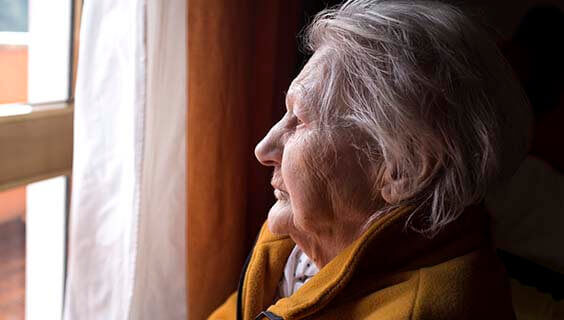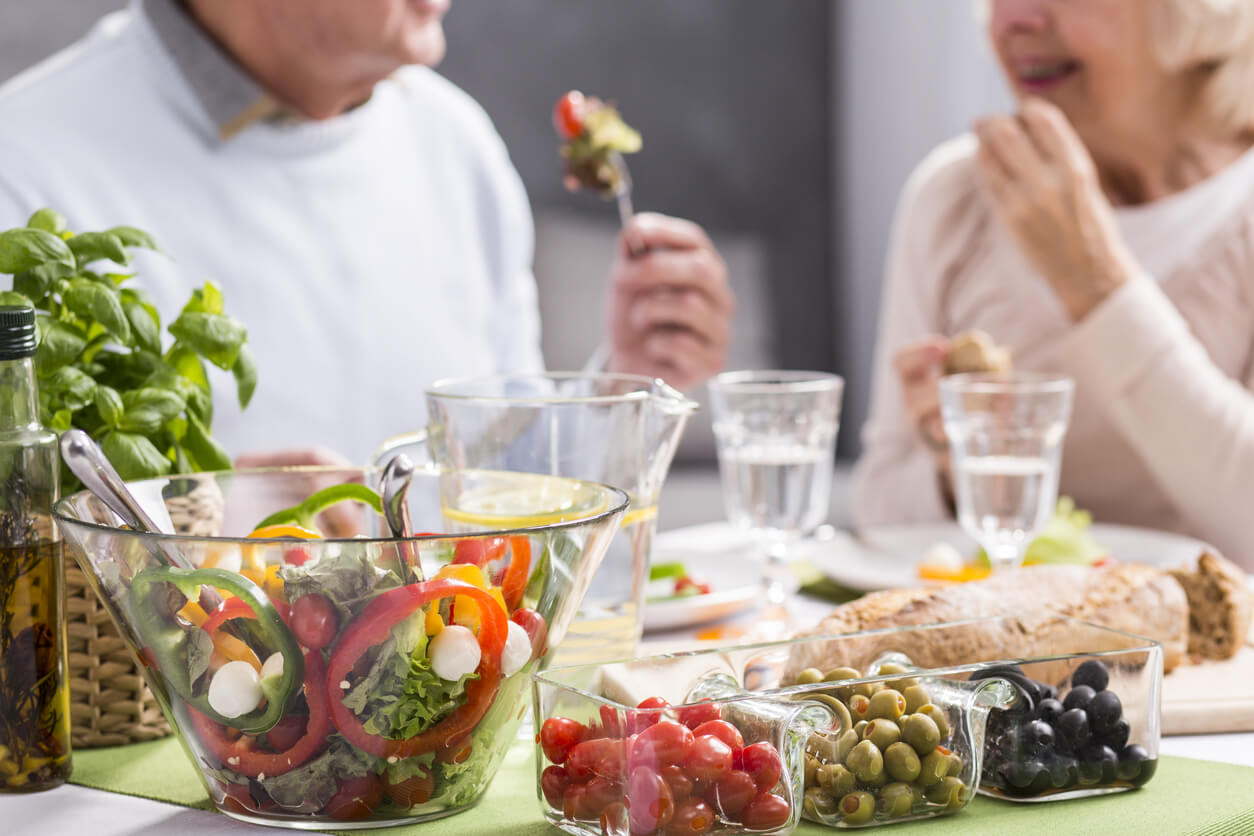These standouts — plus a few ‘boosters’ — can keep you healthy as nutritional needs change with age
Whether you’ve been a healthy eater your whole life — or lately fallen off the nutritional wagon — it’s important to take a hard look at your diet after age 50. Around that point, experts say, it pays to be choosier about your foods, and make sure you’re getting enough nutritional bang for your buck. “Our need for energy declines starting in middle age,” says Christine Rosenbloom, registered dietitian and nutritionist, professor emerita at Georgia State University and coauthor of Food & Fitness Over 50. “There’s less room for drinking a pitcher of margaritas and having a basket of chips — unless we want to start seeing that weight creep. And nobody wants that.”
Beyond adapting to a potentially slower metabolism, you also want to compensate for things like a tendency for bones to weaken, bowel function to slow and muscle mass to decline (around 1 percent a year until age 65, after which the loss can double.) In general, older adults “need to make sure they’re getting lots of fruits and vegetables, eating lean meats if they are eating meat, chicken or fish, and avoiding saturated fats and sugars,” says Marie Bernard, M.D., chief officer for scientific workforce diversity at the National Institutes of Health (NIH). “A good diet can help get blood pressure under better control, decrease the risk of heart problems and contribute to the prevention of things like diabetes and cancer.”
To build your own healthy diet, remember that “foods work together in concert,” says Joseph Gonzales, a registered dietitian at the Mayo Clinic. “You need a whole symphony for a spectacular musical piece.”
To find out from AARP the eight foods to add to your own orchestra, so that you’re well on your way to a healthier tune, CLICK HERE.












